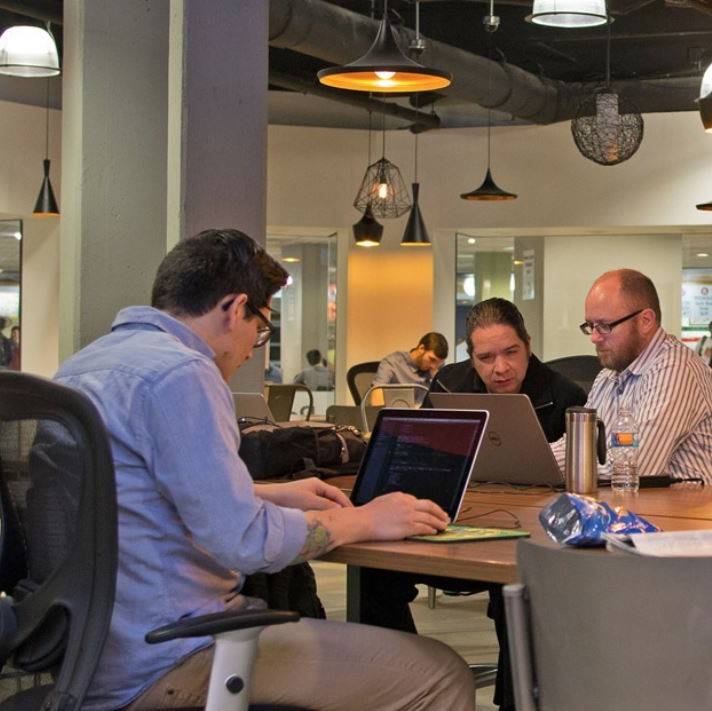To provide the best experiences, we use technologies like cookies to store and/or access device information. Consenting to these technologies will allow us to process data such as browsing behaviour or unique IDs on this site. Not consenting or withdrawing consent, may adversely affect certain features and functions.
The technical storage or access is strictly necessary for the legitimate purpose of enabling the use of a specific service explicitly requested by the subscriber or user, or for the sole purpose of carrying out the transmission of a communication over an electronic communications network.
The technical storage or access is necessary for the legitimate purpose of storing preferences that are not requested by the subscriber or user.
The technical storage or access that is used exclusively for statistical purposes.
The technical storage or access that is used exclusively for anonymous statistical purposes. Without a subpoena, voluntary compliance on the part of your Internet Service Provider, or additional records from a third party, information stored or retrieved for this purpose alone cannot usually be used to identify you.
The technical storage or access is required to create user profiles to send advertising, or to track the user on a website or across several websites for similar marketing purposes.
 BW: Workplace Experts has added to its expertise in fit out with a new design and build (D&B) service. BW Design and Build extends the company’s service portfolio, encompassing a pool of resources that are now able to design and deliver from within. This forms part of the firm’s commitment to ongoing and dynamic investment in supporting future client relationships. It is also in line with BW’s three layers: Innovation, Diversity and Net Zero, launched last year as part of its Purpose Report. (more…)
BW: Workplace Experts has added to its expertise in fit out with a new design and build (D&B) service. BW Design and Build extends the company’s service portfolio, encompassing a pool of resources that are now able to design and deliver from within. This forms part of the firm’s commitment to ongoing and dynamic investment in supporting future client relationships. It is also in line with BW’s three layers: Innovation, Diversity and Net Zero, launched last year as part of its Purpose Report. (more…)



































November 3, 2022
Are digital skills the key to a happier, more productive workforce?
by Katy Liddell • Comment, Technology, Workplace